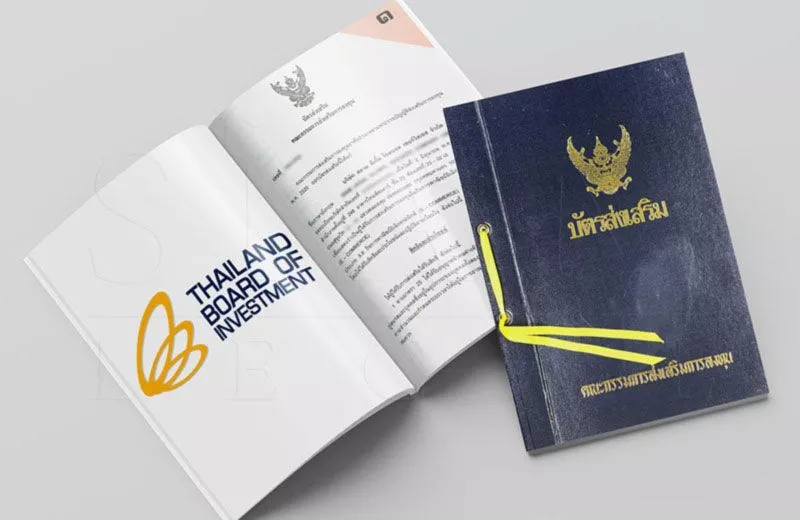The Thailand Board of Investment (BOI) stands as a pivotal agency in Thailand’s economic landscape, driving foreign direct investment and spearheading economic growth. Established with a mission to attract and facilitate investments, the BOI plays a crucial role in propelling Thailand’s industrial and technological advancements. This article delves into the significance, functions, incentives, and application process of the Thailand Board of Investment, shedding light on its instrumental role in fostering business growth and development.
I. The Genesis of Thailand Board of Investment
Established in 1954, the Thailand Board of Investment is a government agency operating under the Office of the Prime Minister. It was created to encourage and facilitate both local and foreign investment in Thailand’s priority industries.
II. Objectives of the BOI
A. Promoting Investment: The primary goal of the BOI is to promote and facilitate investment in industries that align with Thailand’s economic development goals.
B. Enhancing Economic Competitiveness: By offering a range of incentives, the BOI aims to bolster the competitiveness of Thailand’s industries on the global stage.
C. Stimulating Technological Advancements: The BOI encourages the adoption of advanced technologies and innovation to drive industrial growth and enhance productivity.
III. Priority Industries and Investment Promotion
The BOI classifies industries into various categories, offering different sets of incentives to attract investments. Priority industries include sectors like manufacturing, agriculture and agro-industry, mining, and services.
IV. BOI Investment Incentives
A. Tax Privileges: The BOI offers tax exemptions or reductions on corporate income tax for a specified period, depending on the industry and location.
B. Import Duty Exemption or Reduction: Eligible projects may enjoy exemptions or reductions on import duties for machinery, raw materials, and essential components.
C. Land Ownership and Use Rights: Foreign investors can receive rights to own land for promoted activities, which is otherwise restricted.
D. Permission for Foreign Workers: The BOI provides permissions for foreign experts, technicians, and skilled workers to work in Thailand.
V. Application Process
A. Eligibility and Project Proposal: Investors must meet the eligibility criteria and submit a comprehensive project proposal detailing their investment plan.
B. BOI Application Submission: The application, along with the required documents, is submitted to the BOI.
C. BOI Evaluation and Approval: The BOI reviews the application, and upon approval, the investment project is granted BOI promotion privileges.
VI. BOI and Economic Growth
The BOI has been instrumental in attracting a substantial influx of foreign direct investment, catalyzing industrial expansion, technological advancement, and job creation in Thailand.
VII. Challenges and Future Endeavors
While the BOI has played a pivotal role in Thailand’s economic development, it continues to evolve to address new challenges and capitalize on emerging opportunities in the global business landscape.
Conclusion
The Thailand Board of Investment remains a cornerstone of Thailand’s economic success, driving investment, technological advancement, and industrial growth. By offering a range of incentives, the BOI continues to be a magnet for local and foreign investors, propelling Thailand’s position as a competitive player in the global market. As it adapts to new economic landscapes and embraces emerging industries, the BOI stands poised to play a pivotal role in Thailand’s future economic prosperity.


